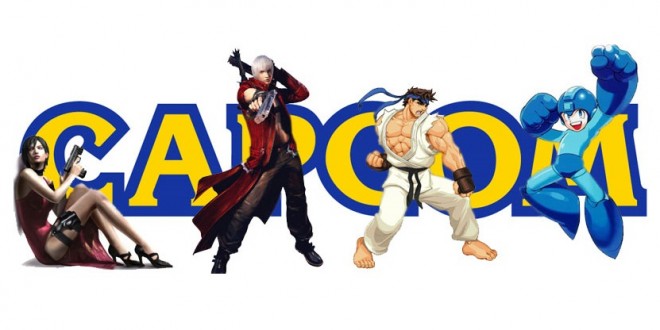Capcom announced this morning that the company has not renewed its takeover defense, a countermeasure that was originally instated in 2008 to stop Capcom from falling under another company’s control through its stock. After six years of protection, the decision was made during Capcom’s most recent investor meeting where a vote to reinstate the measure failed to win over the majority of voters. Capcom noted in their press statement that the company is looking to continue trying to enhance its corporate value and interest from its shareholders.
Basically, Capcom has a big neon sign in their window screaming for a big company to swoop in and buy up a majority of their stock, which at this point is only imminent. It’s possible that another game publisher could throw their name into the hat to acquire Capcom’s deep catalog of franchises, which includes mega video game blockbusters like Street Fighter, Resident Evil, and Mega Man.
One glaringly obvious candidate for making such a move would be Nintendo–the company that’s currently struggling to attract developers and publishers to create AAA games for its latest console, the Wii U. Nintendo would benefit tremendously from acquiring Capcom, as it would not only bring an opportunity for a family friendly Mega Man Wii U, but could potentially open the door for Nintendo to enter into the “hardcore” title market with Resident Evil. We know that Nintendo has built up quite a large bankroll throughout its history, so the company would have the funds to do so.
Another publisher with the funds and likelihood to acquire a majority share of Capcom stock would be Electronic Arts. EA would benefit greatly from adding Capcom’s list of titles to their own extensive list of long-standing franchises, although I doubt the gaming community would look upon an EA acquisition as favorably as they would an acquisition by the beloved Nintendo.
Of course, it’s also possible that another wealthy investor might just look to enter into the lucrative video game market, and all of this speculation could be for naught.
 Load the Game Video Games, Reviews, Game News, Game Reviews & Game Video Trailers
Load the Game Video Games, Reviews, Game News, Game Reviews & Game Video Trailers



